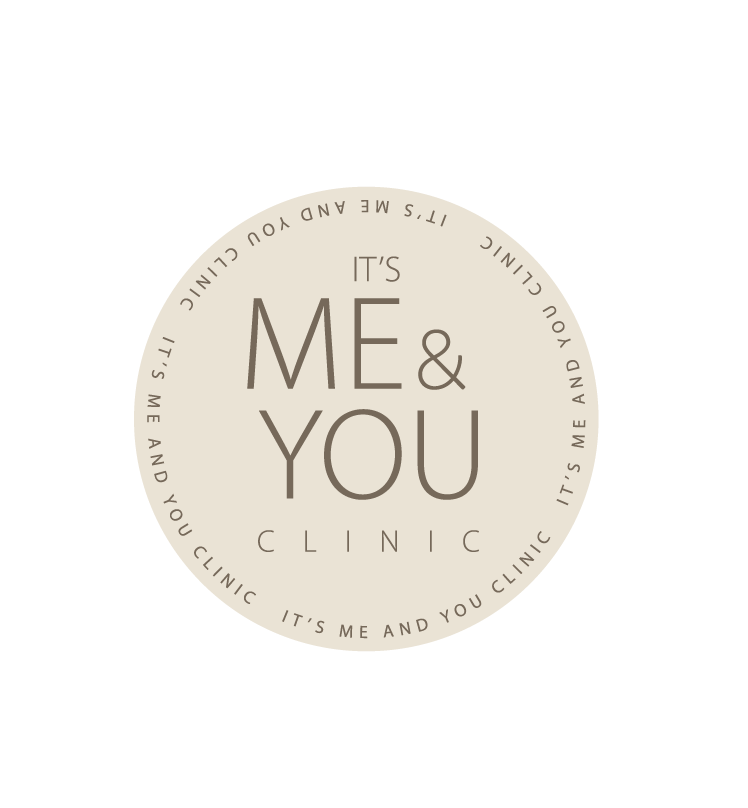Lip fillers have become a popular cosmetic choice for achieving plump and youthful lips. If you’re considering lip enhancement, you may be wondering: How long do lip fillers last? The duration of lip filler results varies depending on several factors, including the type of filler used, individual metabolism, and aftercare practices. In this article, we’ll delve into the factors influencing the longevity of lip fillers and provide insights into what you can expect over time.
Factors Affecting Lip Filler Longevity
Type of Filler
Different types of fillers have varying durations. Hyaluronic acid-based fillers, the most commonly used for lip augmentation, generally last between 6 to 12 months. Some may last longer, depending on the specific formulation and brand.
Metabolism and Lifestyle
Individual metabolism plays a role in how quickly the body breaks down the filler. Factors such as exercise, diet, hydration, and overall health can influence the rate of filler breakdown.
Injected Area
Areas with more movement, such as the lips, tend to break down fillers faster. The constant motion of speaking, eating, and facial expressions can contribute to filler breakdown.
Volume and Type of Enhancement
The amount of filler used and the level of enhancement can impact how long the results last. More significant volume enhancements may experience slightly shorter durations.
Touch-Up Treatments
Some individuals opt for touch-up treatments to maintain the results. Regular touch-ups can help prolong the effects of lip fillers.
Practitioner Skill
The skill and technique of the practitioner performing the injection also play a role. An experienced practitioner can optimize the longevity of the results.
Aftercare and Lifestyle
Proper aftercare, including avoiding excessive sun exposure, maintaining hydration, and adopting a healthy lifestyle, can contribute to extended results.
Managing Lip Filler Longevity
Hydration
Staying hydrated supports the health of your skin and can help extend the lifespan of lip fillers. Drink plenty of water and use moisturizing lip balms.
Healthy Lifestyle
A balanced diet rich in nutrients, regular exercise, and adequate sleep can contribute to healthy skin and filler longevity.
Sun Protection
UV rays can accelerate the breakdown of filler and affect the skin’s elasticity. Protect your lips with SPF lip balm and limit sun exposure.
Follow Aftercare Guidelines
Adhere to the aftercare instructions provided by your practitioner. Avoid excessive touching, massaging, or applying pressure to the treated area.
Consultation with Practitioner
Regular consultations with your practitioner can help determine when touch-up treatments are necessary to maintain results.
Dietary Considerations for Prolonging Lip Filler Results
Antioxidant-Rich Foods
Antioxidants are powerful compounds that help protect the body’s cells, including those in the skin, from damage caused by free radicals. Incorporate a variety of antioxidant-rich foods into your diet, such as berries (blueberries, strawberries, raspberries), citrus fruits (oranges, grapefruits), leafy greens (spinach, kale), and colorful vegetables (bell peppers, carrots). These foods contain vitamins like vitamin C and phytonutrients that promote skin health and help maintain the effects of lip fillers.
Omega-3 Fatty Acids
Omega-3 fatty acids are essential fats that play a role in maintaining the health of cell membranes. They contribute to skin hydration and help create a protective barrier that retains moisture. Include sources of omega-3s in your diet, such as fatty fish (salmon, mackerel, sardines), flaxseeds, chia seeds, and walnuts. These foods can enhance skin health and support the benefits of lip fillers.
Collagen-Boosting Nutrients
Collagen is a protein that provides structure to the skin. Certain nutrients are essential for collagen production. Vitamin C, for example, is a vital cofactor in collagen synthesis. Zinc and copper are also important for collagen formation and maintaining skin health. Include foods rich in these nutrients, such as citrus fruits (vitamin C), nuts and seeds (zinc), and legumes (copper), to support collagen production and the effects of lip fillers.
Vitamin E and Healthy Fats
Vitamin E is known for its antioxidant properties and its role in protecting cells from damage. Incorporate sources of vitamin E into your diet, such as nuts (almonds, sunflower seeds), seeds (sunflower seeds), and avocado. These foods provide healthy fats that contribute to skin health, promoting a smooth and youthful appearance that complements the benefits of lip fillers.
Avoid Excess Sugar and Processed Foods
Excessive consumption of sugary foods and highly processed items can contribute to inflammation and oxidative stress in the body. Inflammation can negatively impact skin health and potentially reduce the longevity of lip filler results. Opt for whole, nutrient-dense foods and minimize your intake of sugary snacks, sugary beverages, and processed snacks to support the effects of lip fillers.
Protein-Rich Diet
Protein is essential for tissue repair and renewal, including the skin. Incorporate lean protein sources into your diet, such as poultry (chicken, turkey), beans, lentils, tofu, and Greek yogurt. Protein supports overall skin health and complements the benefits of lip fillers by providing the building blocks for skin tissue maintenance.
Vitamins A and D
Vitamin A is essential for maintaining healthy skin and promoting cell turnover. Foods rich in vitamin A include sweet potatoes, carrots, spinach, and kale. Vitamin D, often referred to as the “sunshine vitamin,” is involved in skin health and plays a role in maintaining skin barrier function. Fortified dairy products, fatty fish, and sunlight exposure (in moderation) are sources of vitamin D that can support skin appearance and the effects of lip fillers.
Herbal Teas and Hydration
In addition to drinking water, herbal teas can provide hydration and antioxidant benefits. Green tea, for instance, contains antioxidants called catechins that contribute to skin health. Chamomile tea is known for its soothing properties and can complement a relaxation routine that indirectly supports the benefits of lip fillers.
Moderation and Balanced Diet
A balanced diet that includes a variety of nutrients is essential for overall health and wellness. By consuming a well-rounded selection of foods from all food groups, you provide your body with the vitamins, minerals, and nutrients it needs to function optimally. A healthy body supports healthy skin, which can enhance the effects of lip fillers.
Top of Form
Anticipating Changes Over Time
Over time, you may notice subtle changes in the appearance of your enhanced lips. As the filler gradually breaks down, your lips may return to their pre-treatment state. While lip fillers are temporary, maintenance treatments can help sustain the desired appearance.
Conclusion
The duration of lip fillers varies based on factors such as filler type, individual metabolism, and lifestyle choices. By understanding these variables and following proper aftercare, you can optimize the longevity of your lip filler results. Consult with a skilled practitioner to create a personalized maintenance plan that aligns with your aesthetic goals and ensures your lip enhancement remains beautifully enhanced for an extended period.Top of Form
- Delta: A Review from My Perspective - April 10, 2024
- JustCBD UK: A Comprehensive Review - April 8, 2024
- Dermal Fillers, Anti-Wrinkle Injections in St John’s GU21 - March 15, 2024

